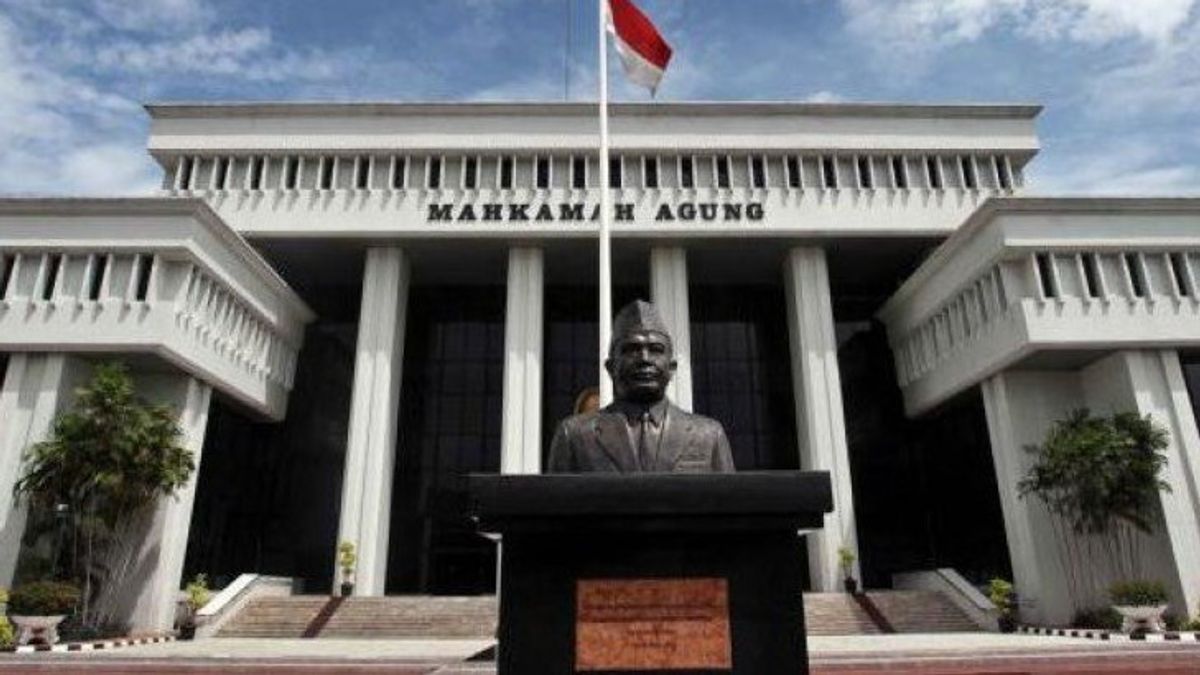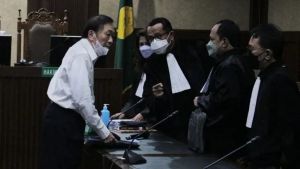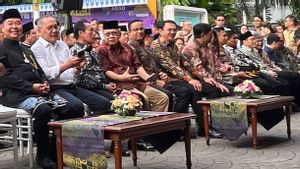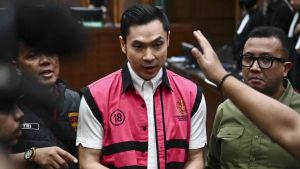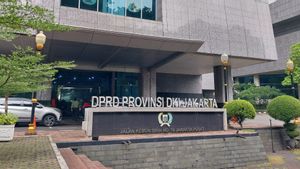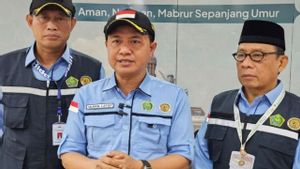JAKARTA - The Supreme Court (MA) considers the need to change the law (UU) to remove mitigating considerations because a defendant behaved politely during the trial.
"If you want it to be deleted, then the law is like that. Again, if you want it to be deleted, change it first," said the spokesman for the Supreme Court, Yanto, responding to mitigating considerations against the defendant in the tin corruption case, Harvey Moeis, at the MA Building, Jakarta, Thursday, January 2, confiscated by Antara.
Yanto explained that based on Article 197 paragraph (1) letter f of Law Number 8 of 1981 concerning the Criminal Procedure Law (KUHAP), before imposing a criminal verdict on the defendant, the judge needed to mention things that were burdensome and mitigating.
"It must be included in burdensome and mitigating things. Well, considerations in aggravating and mitigating matters are in general," he said.
Article 197 paragraph (1) letter f of the Criminal Procedure Code reads: Legal rules that form the basis for punishment or action and articles of statutory regulations that form the legal basis of decisions, accompanied by aggravating circumstances and mitigating the defendants'.
However, he explained that sometimes there are special considerations to relieve a defendant.
"For example, an accident, then it turned out that the victim had a leg defect, then the perpetrator was able to send him to college, there would be special considerations later beyond general considerations," he said.
SEE ALSO:
Previously, one of the defendants who was given mitigating considerations was Harvey Moeis, for the corruption case in the management of tin commodity trading in the mining permit area of PT Timah Tbk in the 2015'2022 period.
In passing the verdict, the Panel of Judges considered several aggravating and mitigating things. This is burdensome, namely that Harvey's actions were carried out when the state was actively eradicating corruption.
"Meanwhile, mitigating factors are that the defendant behaves politely in court, has family responsibilities, and has never been convicted," said Chief Judge Eko Aryanto at the Jakarta Corruption Court, Monday, December 23.
The English, Chinese, Japanese, Arabic, and French versions are automatically generated by the AI. So there may still be inaccuracies in translating, please always see Indonesian as our main language. (system supported by DigitalSiber.id)
